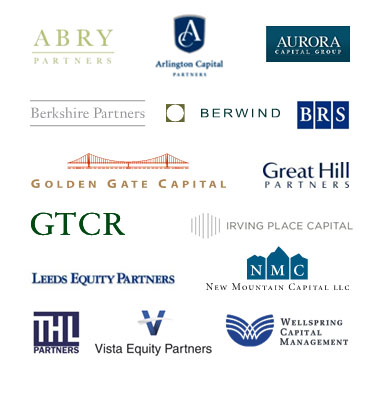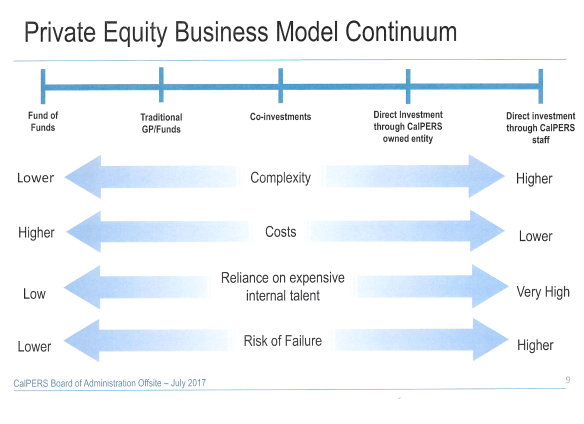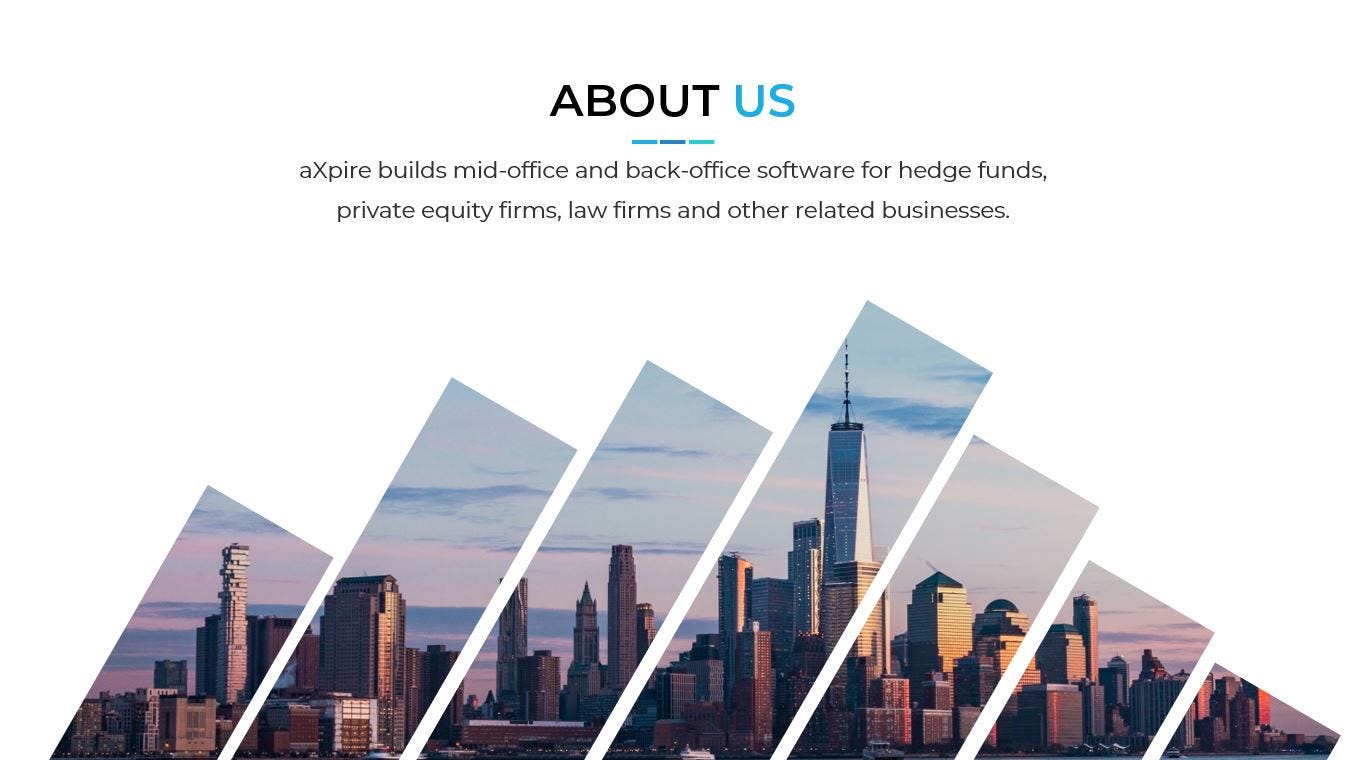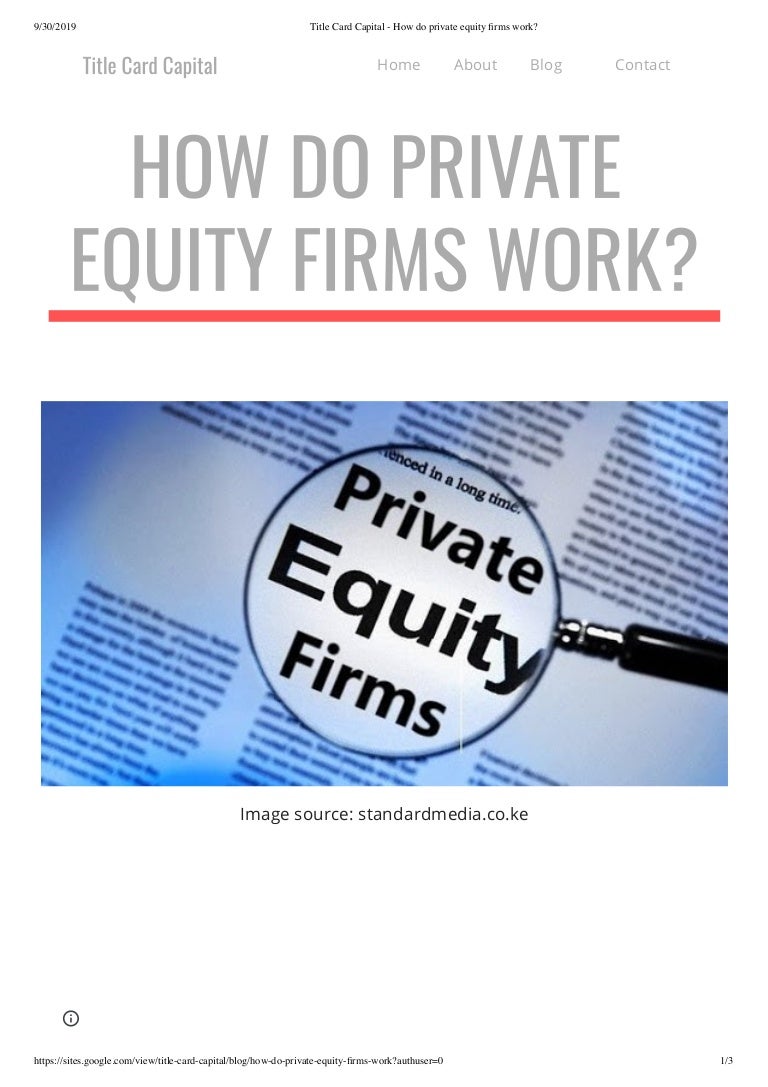
I was on the Huge Tech podcast to speak about, what else, breaking up Amazon, Google, and Facebook. million investors state. I was likewise on Increasing with Saagar Enjeti and Ryan Grim to talk about the Federal Reserve. And now It’s uncommon that a financing teacher causes a public stir, but when it occurs, it’s worth paying attention to, due to the fact that it implies that trillions of dollars might ultimately start to change direction.

His paper got protection in the Financial Times, Bloomberg, Forbes, and Institutional Investor, and will in the long-lasting make it harder for pension funds to put money into private equity. The majority of people interested in criticizing private equity discuss how leveraged buyouts (” LBOs”) are bad for society. For example, one manufacturer I talked with a few years ago for a piece on how financing ruined our defense industrial base told me angrily about how the “LBO young boys” destroyed our ability to make things (business partner grant).
He asked, are investors getting a good return? And his answer is, considering that 2006, no. Phalippou’s paper is titled “A Bothersome Fact: Private Equity Returns & The Billionaire Factory.” To paraphrase his argument, he basically described the private equity market company design by saying 40 years ago there were a lot of people with pensions and really with couple of private jets, whereas today there are extremely few people with pensions and a lot more billionaires with private jets.

Now to clarify, what Phalippou, and the majority of us, mean when we say “private equity” are buyout funds that utilize financial obligation to purchase companies like Toys R Us with obtained money, and after that find various ways of looting them. These are funds like KKR, Carlyle, Blackstone, and so on. So when I write private equity, I imply those kinds of funds, the billionaire factories, not smaller sized funds with know-how in a particular design of development investing.

Prior to that year, LBOs did create returns for investors much better than you might discover on the public markets, but later on, those excess returns disappeared. Why?To response this question, I turn to a 2006 antitrust match by private litigants against a group of LBO shops. These private equity firms were colluding to hold down the price of corporations they were bidding on, using something called “club deals.” This antitrust fit was an indicator that there was simply excessive borrowed money offered to make the most severe versions of financial engineering profitable for the end pension fund financier (indictment obtained foxchannel).
These are precisely the forward thinking business practices LBOs like to ruin, and let loose by financial deregulation and completion of anti-merger enforcement, they did – loans athletes sports. Michael Milken helped finance a host of takeover artists, a few of whom developed genuine business like CNN and MCI, but a lot of whom just bought up corporations like American Can, Beatrice Foods, or department stores, pillaging them with layoffs and debt.
Private Equity Firms Target Dealmaking Opportunities Amid Turmoil
The LBO industry collapsed after Michael Milken went to prison in 1989 and Drexel Burnham collapsed, leaving a massive void in the financial capability of buyout shops. The market was likewise burned because of the massively pricey contest to buy RJR Nabisco for $25 billion in 1988. This auction was won by the most effective buyout shop, KKR, however it proved to be a financial investment that was both unprofitable and embarrassing, splashed throughout the country’s bookstores in the best-seller Barbarians at eviction.
In 1996, Expense Clinton signed the National Securities Markets Enhancement Act, which made it much easier for unregulated pools of capital to get financial investment and set the phase for what came next (million investors state). Beginning in 2001, leveraged buyouts came back, with the worth of deals increasing from $30 billion in 2001 to $450 billion in 2007.

Specific funds can have their own timelines, investment objectives, and management viewpoints that separate them from other funds held within the exact same, overarching management firm. Successful private equity companies will raise many funds over their lifetime, and as companies grow in size and intricacy, their funds can grow in frequency, scale and even uniqueness. To get more info regarding fund managers and - visit his podcasts and -.
Prior to founding Freedom Factory, Tyler Tysdal handled a development equity fund in association with numerous celebrities in sports and entertainment. Portfolio business Leesa.com grew rapidly to over $100 million in revenues and has a visionary social objective to “end bedlessness” by contributing one mattress for each 10 sold, with over 35,000 donations now made. Some other portfolio business remained in the markets of wine importing, specialized financing and software-as-services digital signage. In parallel to handling assets for services, Tyler was handling personal equity in real estate. He has had a number of effective personal equity financial investments and numerous exits in trainee real estate, multi-unit housing, and hotels in Manhattan and Seattle.
from all over the world, and the very same deregulated financial system and “reach for yield” by pension funds that pushed capital into mortgage-backed securities moved excessive capital into big LBO shops. In 2006 and 2007, eight out of the 10 biggest buy-outs in private equity history took place. Significant business belonged to this treasure trove, like Hilton Hotels, the Health Center Corporation of America, First Data, Daimler Chrysler, TXU, Equity Workplace Property Trust, GE’s plastics organisation, Bell Canada, and a host of others, with overall private equity acquisitions valued at $660 billion in 2006 alone.

The DOJ never ever brought a match, but private litigants did. Investors took legal action against 13 various firms for forming “clubs offers” from 2003-2007 in which they would come together and accept hold down costs for corporations being purchased in auctions. The offenders were a little circle of companies who had emerged from a group who had actually learned how to do takeovers largely with Milken-organized scrap bond distributes, including KKR, Carlyle, Bain, Blackstone, Thomas Lee Partners, TPG, Apollo, Clayton, Dubilier & Rice, Goldman Sachs, Merrill Lynch, as well as Silver Lake Partners, Warburg Pincus, and Providence Equity Partners.
Eric Lichtblau and Peter Lattman at the New York City Times composed up the case in 2012, noting that “competitors agreed privately to ‘stand down'” on companies at auction as a method of divvying up acquisition targets. Some of the corporations included in the suit were Neiman Marcus, Toys R Us, Michaels Stores, Univision, Loews, the AMC film chains, Freescale Semiconductor, and Alltel.
What makes this case interesting is that the practices came just as the leveraged buy-out game was becoming commodified, with a lot of firms chasing too few business possessions. The club offers, and the big size of the buyouts, basically eight different Barbarians at the Gate-size purchases in 2006, were indicators that there simply wasn’t anymore debt you could load onto corporate America – racketeering conspiracy commit.
Private Equity Firm Definition – Nasdaq
Certainly business America fell under disrepair as private equity funds cut much more than fat, carving deeply into bone and muscle. Here’s a chart of zombie business as a portion of corporations in the U.S., which is to state, companies that pay more in financial obligation maintenance expenses greater than earnings.
Note the timing of the upturn in this chart, which is right around when club deals ended up being popular and the new LBO boom started. Leveraged buyout stores, as soon as they lacked business targets who had some unexploited pricing power or additional money stashed somewhere, turned to mobster strategies, the corporate variation of burning down a dining establishment to collect the insurance money, writ big throughout the economy.

However Phalippou’s paper is the other hand of this argument. He reveals not that the LBOs are bad for the nation, however that they are bad for the pension investors who provide the cash. This reality is not obvious, since industry could blame the financial crisis for any problems in its funds raised in 2006.
In a rising market, such as the one we have actually had because 2009, the market appears like it is doing fine, however that’s only because obtaining cash to buy assets constantly looks great when times are excellent. Phalippou basically managed for these aspects, which is why his paper is so powerful.